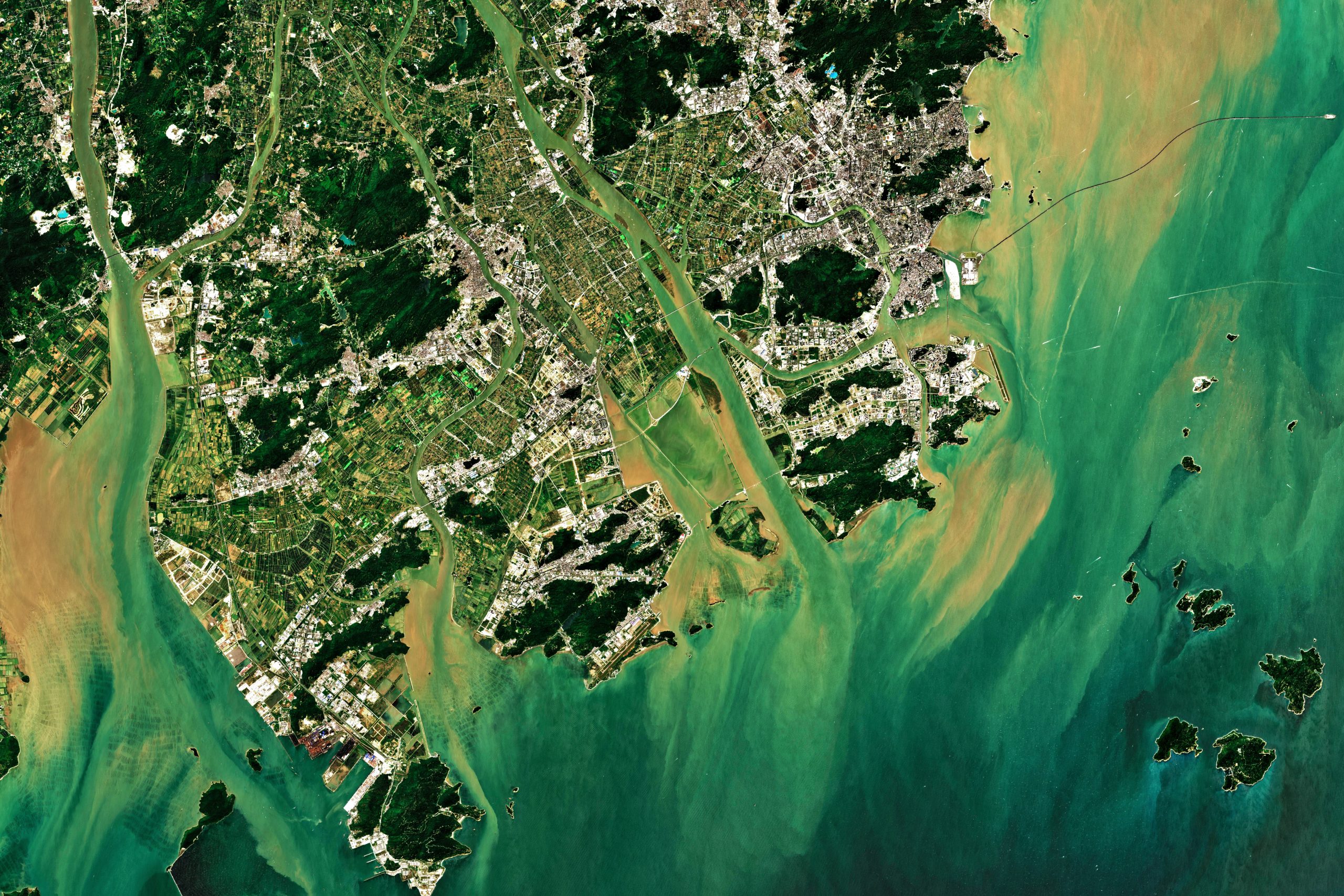This one is mostly my personal journey as there was a time when I was attending large trade shows on a monthly basis so it became second nature at some point but at that time I was in a completely different situation. We were going as the second-largest technology provider of the given field with a huge budget, team, and booth, we were sponsors at every notable conference and it was a globally known brand so we could pretty much rely on people stopping by and asking questions at our stand or during the pre-scheduled demo slots.
Now I am in a totally different setup, the field is similar but requires a completely different approach, we are offering a complex and customizable service and not just a single software product, we are working with a much smaller team and marketing budget and I am usually attending as a regular visitor and not as a big exhibitor as previously. As we are now slowly coming out of the COVID forced online event years (which honestly never really worked out for me anyway), I started to feel like I need to re-learn how to do conferences successfully and shift my previous habits a bit.
As mentioned, these are going to be things that worked for me to hack conference attending so I am happy to recommend you to try all of them but your mileage may vary depending on the type of events you attend and the outcome you are expecting.
1. Preparation is gold
The number one and probably the most important thing is to do your homework well before the actual event(s). It starts with selecting the right event for you and your business and let me tell you that it is going to be a longer journey. A single event won’t be enough to break through, you need to attend multiple events to get people familiar with your face and build up some connections so it is worth being systematic when planning out your conference map for the year. The first event is usually the hardest because you don’t really know anyone but it will become exponentially easier, once you have a few friends that can introduce you to new people and then they can also bring you into new circles so making the first few moves is definitely the most difficult but it is worth the struggle.
My number one tip is to try and book meetings in advance, if you can get an attendee list, try and set up a personal meeting with the most interesting people, if you can’t get access to it, check the exhibitor and sponsor list as that is usually published on the webpage of the event, they might also introduce you to a few extra people. Also, it is worth checking the agenda and if one of the people or companies that you want to talk to has a presentation, it is worth sitting in and paying attention to so you can follow-up with relevant questions as a conversation starter.
2. The rule of ones
You know how the human mind works and it is usually recommended to boil down your topic to 5 easy to understand bullets or even 3. Well, during a really busy and long event where there are hundreds or thousands of people meeting for multiple days, my recommendation is to always focus on a single thing.
Set your goal for the event and stick to that goal. It is usually not expected to be the closing event, so you probably won’t make a deal on the spot or sign an agreement with a new client but it can for example be scheduling a follow-up meeting in a few days where you can actually talk proper business. It might be that it is not sales you are looking for so building technology partnerships or finding employers with relevant openings.. etc. can also be the right goals as long as you can agree on a next step that will happen after the conference. Don’t make it open-ended, don’t just say “we will be in touch”, make it as exact as you can. People tend to agree to a lot of things in the heat of the event but once they come home it starts to fade.
Also, I tend to select a theme for the event and one highlight I tell people that helps them associate me with something memorable, like a cool project we did in the past and they might know.

3. Give it a different angle
I mean, make it stand out or I could say “think outside of the box” but I really don’t like that phrase so I won’t. My point is that there will probably be a hundred other guys from other companies offering a really similar product or service to yours. If you say that “hey, I am Ben from XY software development company” and then you hand your business card, it is really likely that things won’t really evolve after the event. However, if you give it a bit of a twist and say something like “we are developers that make the coolest in-game NFT items right now” at least people will have an association they can use. An added boost is if you can get a speaking slot and do an actual presentation about your special topic (don’t make it a long sales pitch, I don’t think that ever worked) just drive home the point that you (and your team) are the ultimate experts in a really specific field.
The same thing applies to any handout materials you carry. If you make leaflets, marketing brochures, little gifts like stress balls.. etc., make them funny, memorable, a conversation piece. There is no point in wasting plastic on another 500 crappy pens but I for example still have a neon pink fanny pack that I got in Las Vegas so I still remember the name of the company that gave it to me.
This goes for selecting the events as well, you might check other verticals and pick the not-so-obvious choices. I mean things like, we regularly attend Industry 4.0 events about manufacturing which we have fairly little to do with but some of our clients and partners are actively involved with. This of course means fewer leads but also much less competition and I can say that I always preferred quality over quantity when it comes to leads. Sometimes smaller or free events can be also great as there is less noise and more room to talk.
+1 Note on business cards and other artifacts
This might sound obvious but I see so many people replying to emails and taking long phone calls during such live conferences. I get that we are all important and have a ton of work to do but at the end, it is counterproductive as you are probably making a not-so-great job at replying and you are also not making the most out of conferencing as your mind is somewhere else. I just set an auto-reply with an Out of Office message mentioning that I am at a certain event as it might actually lead to a meeting at the end and hope that people can survive without me for half a day.
Only a part of the sessions is actually useful (, if you are not just starting out) as there are repeating topics every year, so I tend to pick a few interesting ones in advance and walk around in the exhibitor area during the other sessions and greet as many exhibitors as I can. A simple question like “how is the show going?” is usually enough to get the ball rolling as most of the guys keeping an eye on the booth tend to be rather bored during these sessions, people are usually attacking them in session breaks so they are not that busy when the sessions are going.
Going back to the topic of memorable handouts, I think the time of the business cards is long gone, I really liked making notes on the back of them but there is only one I kept and that is because it can be used as a screwdriver. When I was attending shows in China, I was amazed at how well WeChat QR codes work and how easy it was to scan each other. Then I found out that LinkedIn has a similar option so it is a great way to exchange contact information.
One last note, I think it is always worth staying for the main party, gala dinner, whatever they name it, you can make so many friends and stories and it will be great to recap and remember these moments when you meet with the same people at the next event. However, I tend to ignore the “hangover day” after unless I am sure there will be new or important people to meet.
Drop me a line if you want to hear about our next event or if you need some extra tips.


